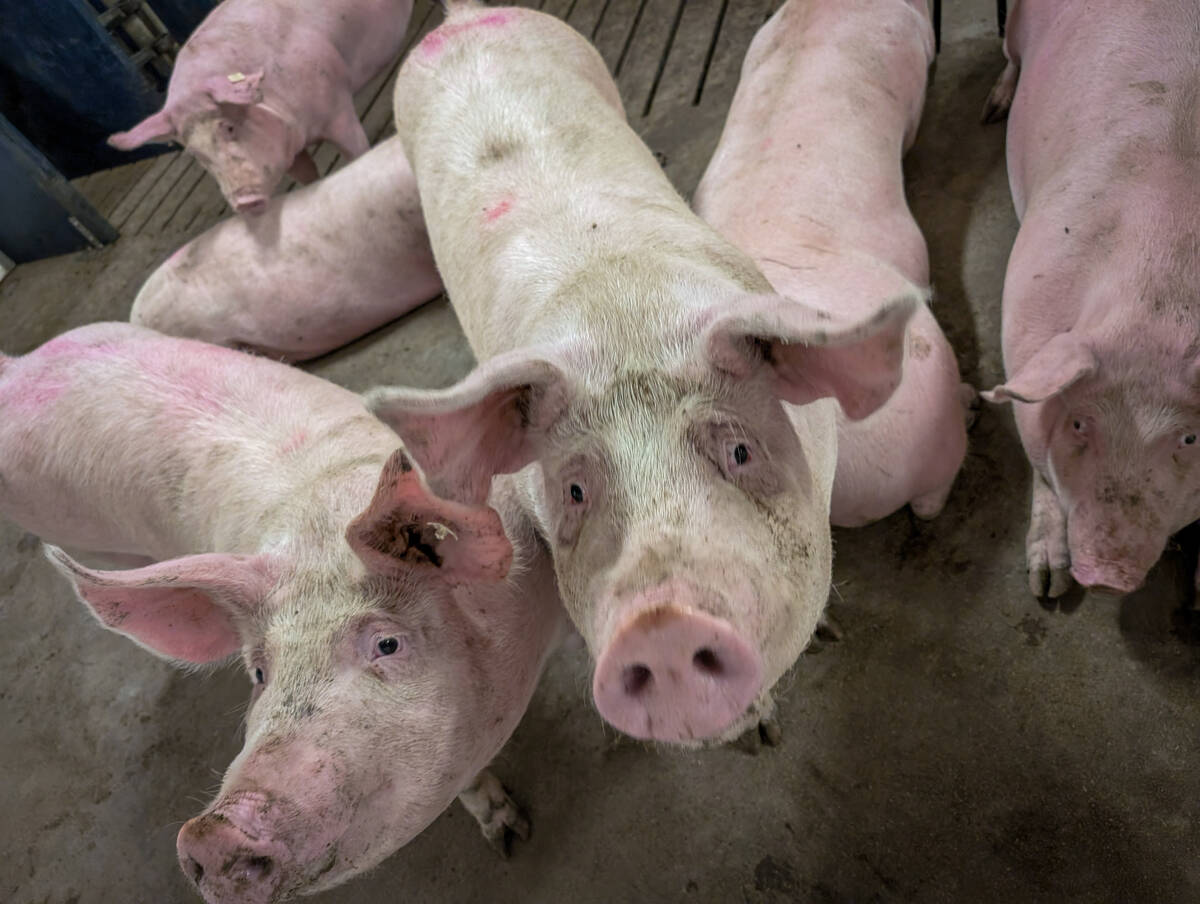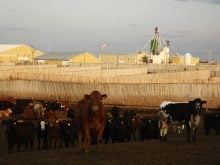SMITHERS, B.C. – The British Columbia Agriculture Council wants to become a 911 line for farmers when trouble strikes.
“Building that 911 line will bring the reassurance to anyone in ag that they are not alone when trouble strikes,” said council director Bruce Bakker.
But lifelines cost money.
Bakker, a nursery operator and florist, spoke to the B.C. Cattlemen’s Association to sell them on a proposal to raise money to build a strong general farm organization.
The cattle producers gave informal support for fund-raising.
Read Also

Pork sector targets sustainability
Manitoba Pork has a new guiding document, entitled Building a Sustainable Future, outlining its sustainability goals for the years to come.
The council replaced the B.C. Federation of Agriculture and has a looser structure with a small staff.
The fund-raising proposal suggests all bona fide farmers pay $100 per operation. The money could be collected by the B.C. Assessment Authority when property taxes are collected.
Quarter to council
The council would receive $25 from every $100 collected. The remainder would go to the farm organization of the farmer’s choice, which would provide stable incomes for grassroots organizations.
“If you’re going to have a strong grassroots network of associations it seems to make sense to have a strong provincial organization that can be held accountable to its members,” Bakker said.
With a small staff and little money, the council cannot speak forcefully on any issue. When an issue rises, one commodity group usually tackles the problem alone when perhaps a united council could lend more strength.
For example, the cattle producers have been on the forefront of defending agriculture in native land claim negotiations and the Horticulture Coalition has lobbied hard to streamline farm employee standards.
Not all producers bought into the idea of stable funding for a general farm organization.
Bob Bolton of Vancouver Island pointed out that a recent property tax increase left many feeling strapped this year and another fee on the tax rolls would add to the economic hurt.
Ace Elkink from Cawston said people have forgotten about the problems with the defunct BCFA. He called it a costly organization that did not help farmers.
“I can see this becoming another bureaucracy that we will not be able to get out of,” said Elkink.
When there was a serious issue, he said, farmers had to send their own people to do battle with little or no support from the federation.
Tom Davis of Westbridge objected to compulsory collection of fees to support any organization. Membership in the B.C. cattlemen’s association is voluntary.
“I don’t want to do anything to weaken our organization and if we get into compulsory collections we will weaken our organization,” said Davis.
Common ground
“We have some things in common with the other commodity groups. But we have a lot that is not in common. We work at cross purposes with a lot of the ag council members,” he said.
Views on free trade, farm subsidies and marketing boards are major areas of difference.
In the early 1990s, the cattle producers pulled their membership from the federation, claiming it was ineffectual. They are members of the agriculture council.















